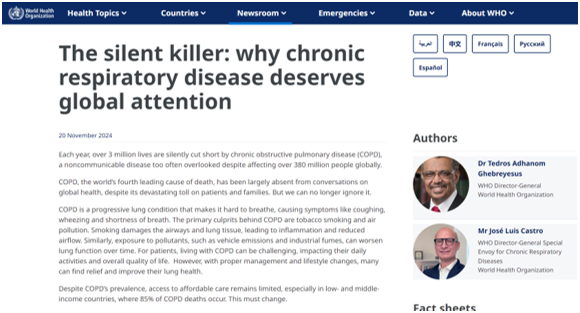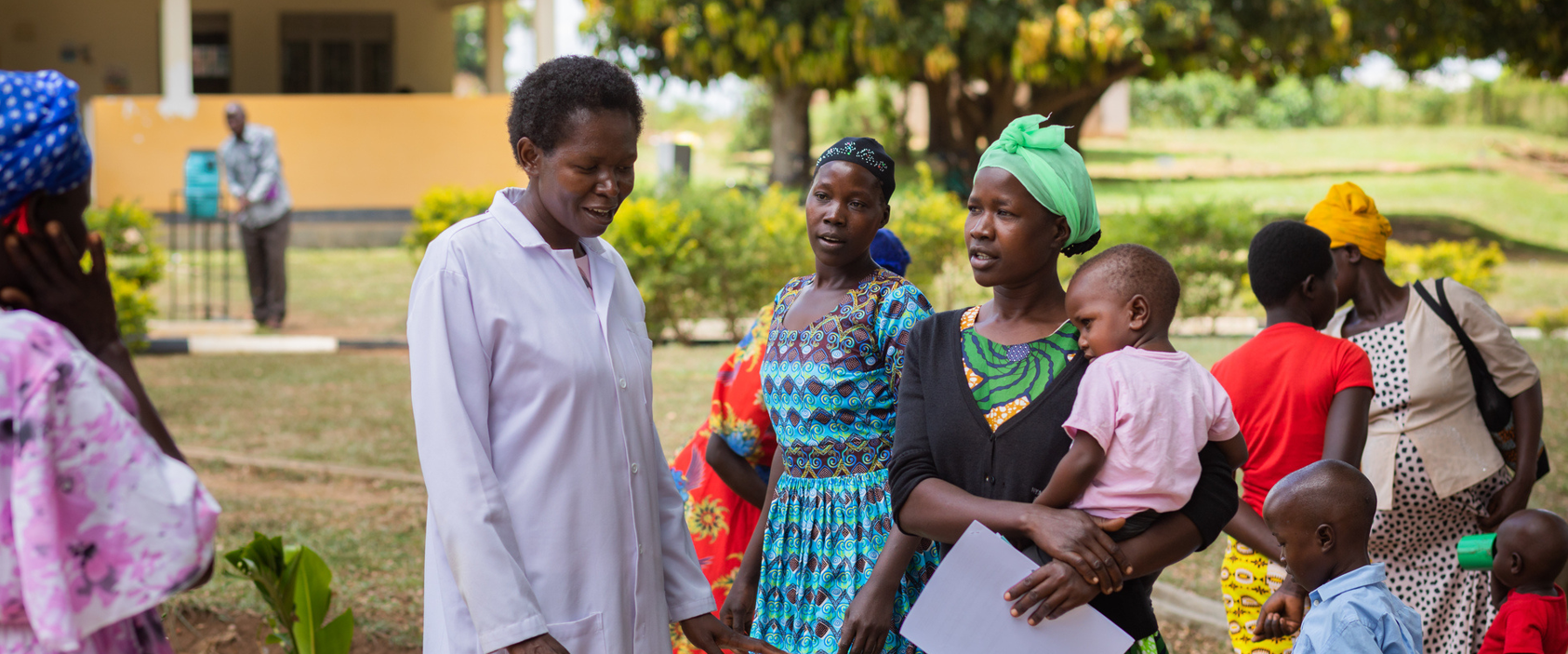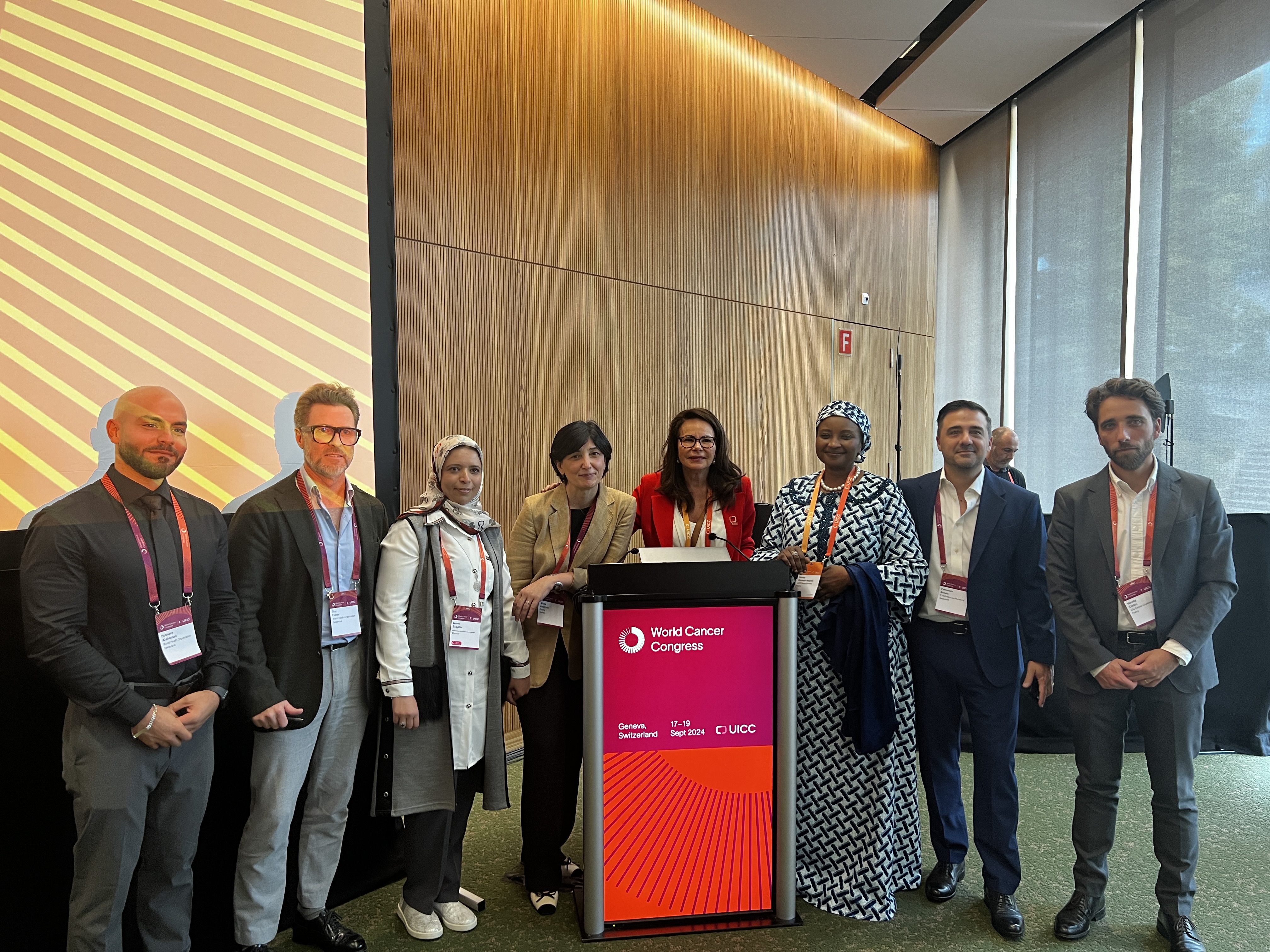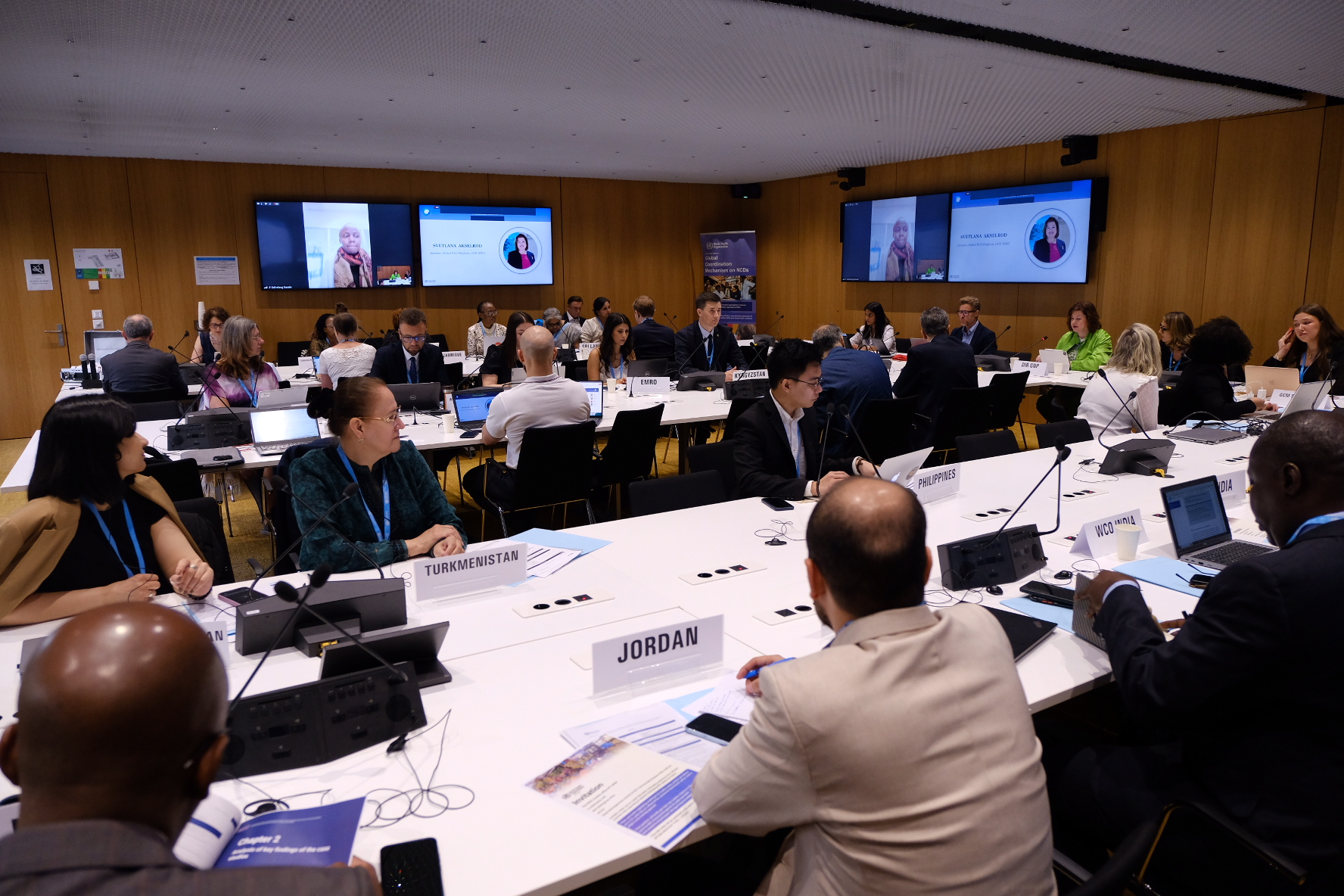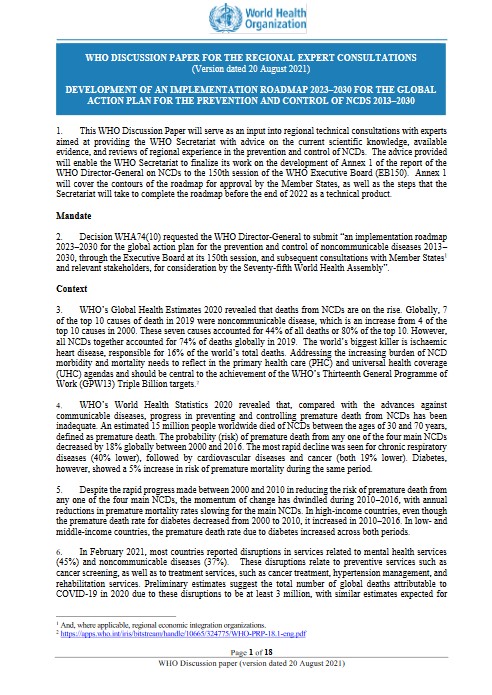Successful multisectoral action in the context of NCDs and mental health builds on multiple strategic pillars. Strong governance mechanisms form the foundation to establish and institutionalize the principle of multisectoral collaboration and managing associated risks. Leadership at all levels ensures that governments and partners can connect and collaborate across disciplines and sectors. Effective communication, working collaboratively and understanding interconnected agendas form the mindset and ways of working to maintain respectful and accountable relationships. Not least, multisectoral action also requires appropriate resources and personnel, including through dedicated budgets, mechanisms for joint financing, and capacity building initiatives.
Multisectoral action for NCD prevention and the control additionally takes place within the interconnected spheres of social, political, environmental, and commercial determinants of health. Taking these determinants into account, governments implement multisectoral action by addressing risk factors, management of NCDs and mental health conditions, surveillance, and research.
At WHO, the GCM/NCD has developed a framework to guide the global mapping, development and analysis of country case studies on multisectoral action, documenting practices, successes and challenges in the implementation of multisectoral actions for NCD prevention and control and mental health conditions.
Download the compendium report
Read the global mapping report on multisectoral action


